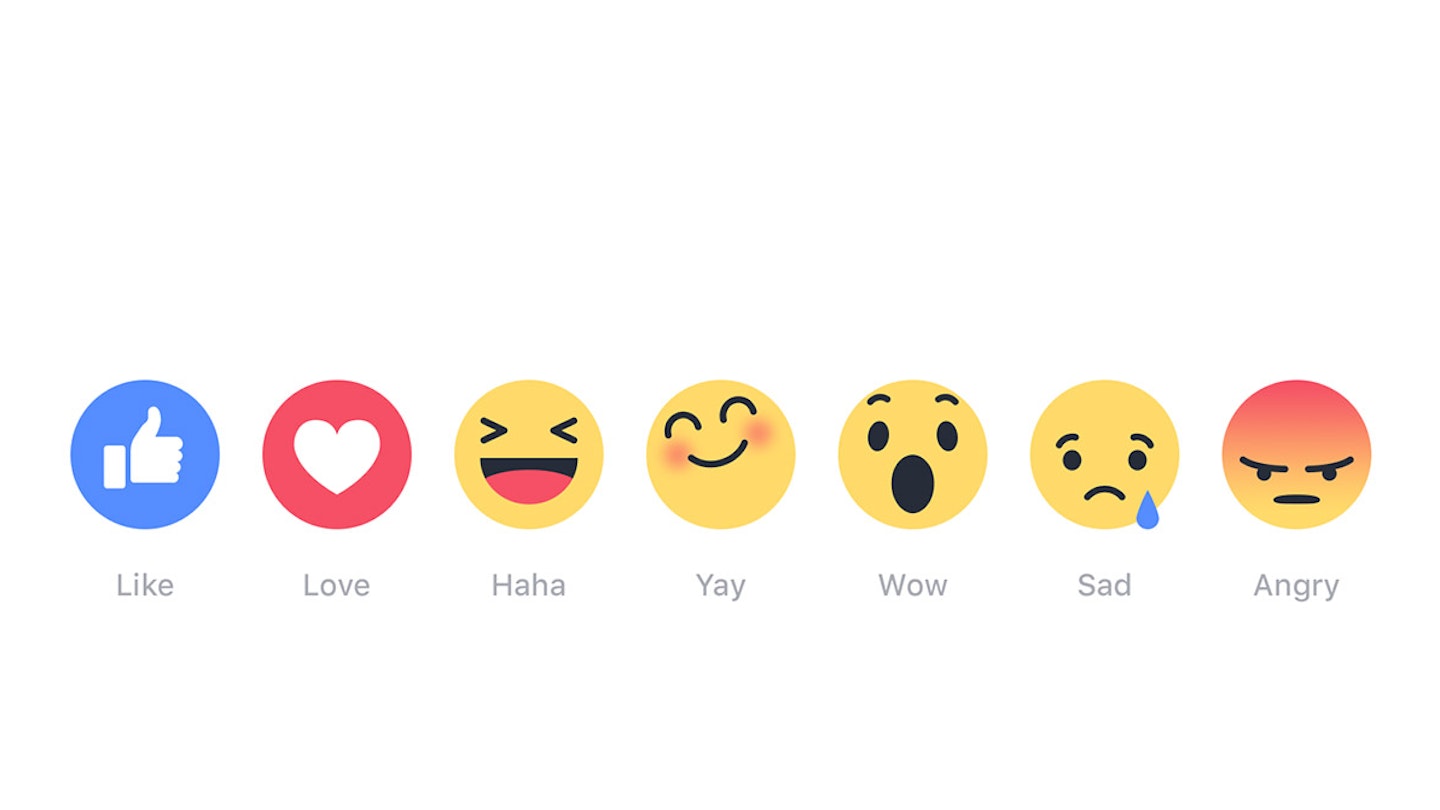Plenty of us have been having fun withe the new Facebook Reactions feature; after all, sometimes a ‘like’ doesn’t quite cut the mustard.
Now, thanks to those little emoji faces, we can now share whether we’re shocked, excited, angry, sad, overjoyed, awestruck, or LOLing hard at someone’s status.
We can also go one step further than the old-fashioned ‘like’ and tell them we LOVE their post.
It all seems so harmless, doesn't it?
However, according to Belgian police, the new feature has some hidden dangers.
Taking to Facebook (naturally), they shared a status warning the public not to use those Reactions if they value their privacy.
The statement on the site reads: "Facebook never misses an opportunity to improve the collection of information about us and they proved it again last February.
"As you know, we are also a product for Facebook. The reactions we express, make it possible to know us better and if states Facebook us to provide the best possible experience in terms of our profile that emerges more sharply.
"By limiting the number of icons to six, Facebook is counting on you to express your thoughts more easily so that the algorithms that run in the background are more effective.
"With your clicks, it will be possible to determine the [types of] content that puts you in a good mood."
"In conclusion, it will be one more reason not to click too fast if you want to preserve your privacy."
So how do Facebook use our emotional responses against us?
Well, according to Belgian police, at least, if it appears that you are in good spirits, Facebook will infer that you are receptive.
They will then be able to target advertising space by gauging the things you like.
Hmm.
Will this information stop YOU from using the Facebook Reactions feature?
Let us know via Facebook or Twitter (@CloserOnline) now.
